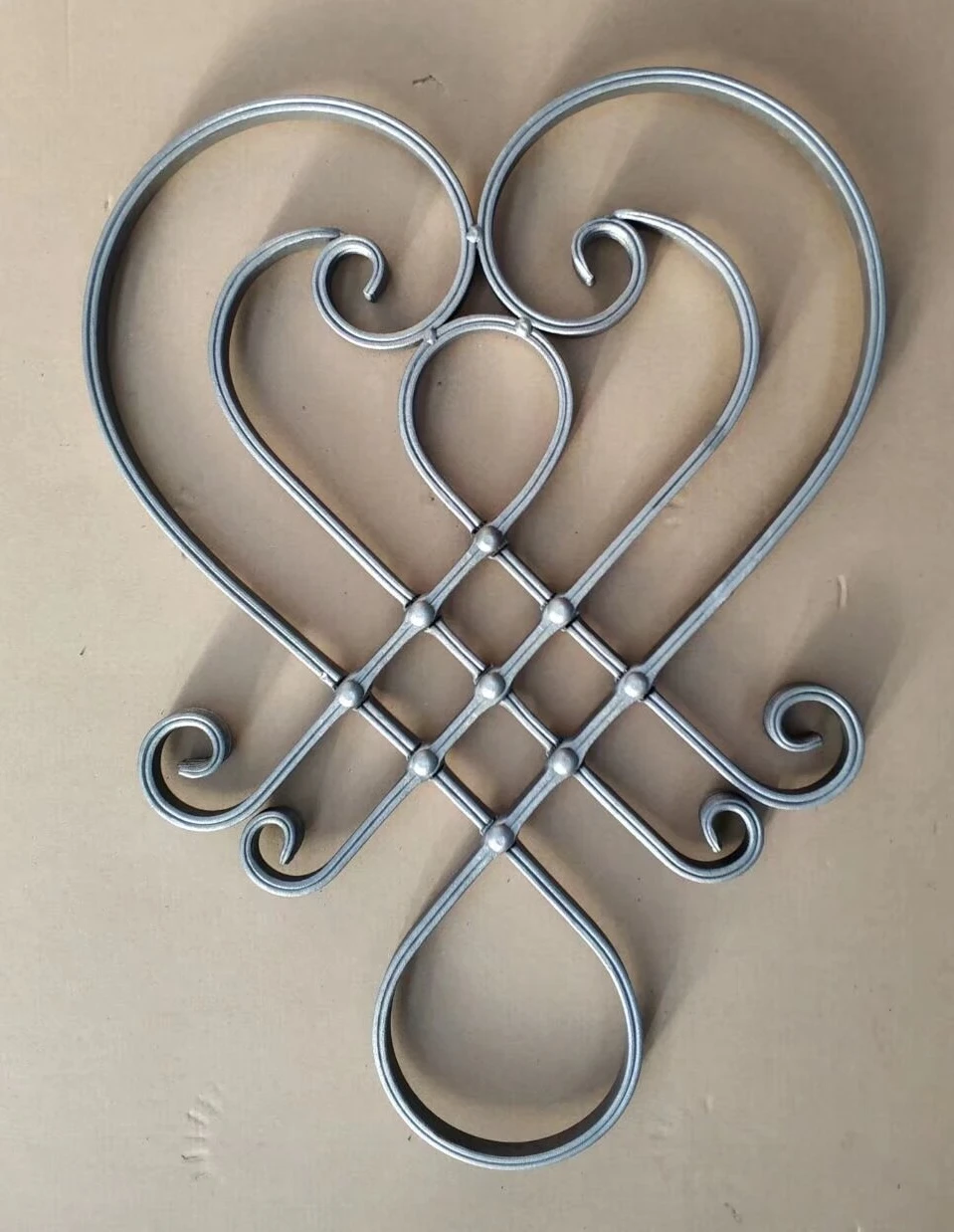Different Varieties of Sliding Door Rollers for Various Applications
Types of Sliding Door Rollers A Comprehensive Guide
Sliding doors are a popular choice for both residential and commercial spaces, thanks to their space-saving design and aesthetic appeal. Central to the functionality of these doors are the rollers they operate on. Different types of sliding door rollers are designed to meet varying requirements, ensuring smooth and efficient operation. In this article, we will explore the various types of sliding door rollers, their features, and their applications.
1. Top-Mount Rollers
Top-mount rollers are fixed to the top of the sliding door. This design keeps the door suspended from above, allowing it to glide smoothly along a track. Top-mount rollers are typically used in heavy-duty sliding doors, such as those found in commercial settings. They provide excellent stability and support weight, making them ideal for large glass doors or barn-style doors.
Advantages - Great for heavy doors. - Provides a clean aesthetic as the rollers are hidden from view.
Disadvantages - Installation can be more complex compared to other roller types.
2. Bottom-Mount Rollers
Bottom-mount rollers, as the name suggests, are installed at the bottom of the sliding door. They guide the door along the track, keeping it securely in place while allowing it to slide open and closed. This type of roller is common in lightweight sliding doors and is often used in residential homes.
Advantages - Simple installation and maintenance. - Ideal for lighter doors.
Disadvantages - May require more frequent adjustments due to wear and tear.
3. Dual Rollers
Dual rollers, also known as double rollers, feature two sets of wheels on each side of the door. This design enhances stability and weight distribution. Dual rollers are often used in large sliding doors and can handle more substantial loads than single-roller systems.
Advantages - Improved stability and smoother operation. - Suitable for larger, heavier doors.
Disadvantages - Requires more space to accommodate the dual setup.
types of sliding door rollers

4. Ball Bearing Rollers
Ball bearing rollers utilize bearings to minimize friction, allowing doors to slide more effortlessly. This type of roller is suitable for both lightweight and medium-weight doors. The ball bearings reduce wear on the door and track, prolonging the lifespan of the hardware.
Advantages - Smooth operation with minimal effort. - Reduced maintenance due to lower friction.
Disadvantages - Can be pricier than basic roller options.
5. Polypropylene Rollers
Polypropylene rollers are made from a durable plastic material that is resistant to corrosion and moisture. These rollers are often used in outdoor applications or areas with high humidity. They are lightweight and can handle moderate weight, making them suitable for patio and garden sliding doors.
Advantages - Corrosion-resistant, ideal for outdoor use. - Lightweight and cost-effective.
Disadvantages - Not suitable for heavy-duty applications.
6. Adjustable Rollers
Adjustable rollers come with a mechanism that allows users to adjust the height of the door easily. This feature is beneficial for maintaining proper alignment over time as the door settles or shifts. Adjustable rollers can be found in various types, including both top and bottom mount versions.
Advantages - Easy height adjustments for alignment. - Versatile for different door weights and sizes.
Disadvantages - May require regular adjustments to maintain optimal functionality.
Conclusion
Selecting the right type of sliding door roller is crucial for the overall performance and longevity of your sliding door system. Each type of roller offers its unique set of benefits and drawbacks, and the best choice will depend on specific factors such as the weight of the door, the environment it is in, and the aesthetic you desire. By understanding the various types of sliding door rollers available, you can ensure that your sliding doors operate smoothly and efficiently for years to come. Whether you are upgrading an existing door or installing a new one, taking the time to choose the right roller will make all the difference in the convenience and functionality of your space.
-
Wrought Iron Components: Timeless Elegance and Structural StrengthNewsJul.28,2025
-
Window Hardware Essentials: Rollers, Handles, and Locking SolutionsNewsJul.28,2025
-
Small Agricultural Processing Machines: Corn Threshers, Cassava Chippers, Grain Peelers & Chaff CuttersNewsJul.28,2025
-
Sliding Rollers: Smooth, Silent, and Built to LastNewsJul.28,2025
-
Cast Iron Stoves: Timeless Heating with Modern EfficiencyNewsJul.28,2025
-
Cast Iron Pipe and Fitting: Durable, Fire-Resistant Solutions for Plumbing and DrainageNewsJul.28,2025
-
 Wrought Iron Components: Timeless Elegance and Structural StrengthJul-28-2025Wrought Iron Components: Timeless Elegance and Structural Strength
Wrought Iron Components: Timeless Elegance and Structural StrengthJul-28-2025Wrought Iron Components: Timeless Elegance and Structural Strength -
 Window Hardware Essentials: Rollers, Handles, and Locking SolutionsJul-28-2025Window Hardware Essentials: Rollers, Handles, and Locking Solutions
Window Hardware Essentials: Rollers, Handles, and Locking SolutionsJul-28-2025Window Hardware Essentials: Rollers, Handles, and Locking Solutions -
 Small Agricultural Processing Machines: Corn Threshers, Cassava Chippers, Grain Peelers & Chaff CuttersJul-28-2025Small Agricultural Processing Machines: Corn Threshers, Cassava Chippers, Grain Peelers & Chaff Cutters
Small Agricultural Processing Machines: Corn Threshers, Cassava Chippers, Grain Peelers & Chaff CuttersJul-28-2025Small Agricultural Processing Machines: Corn Threshers, Cassava Chippers, Grain Peelers & Chaff Cutters












